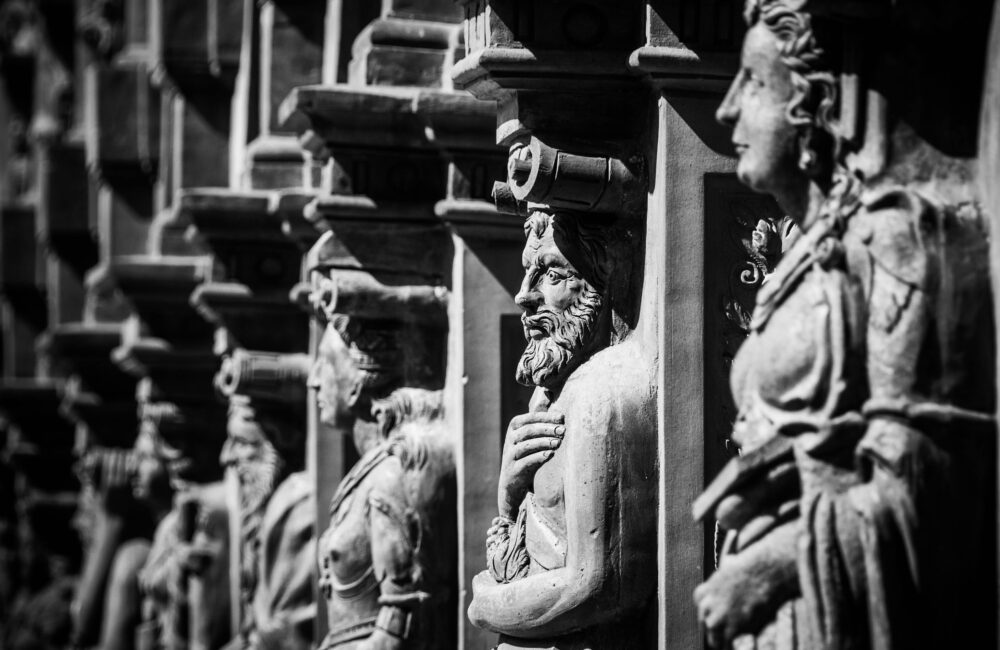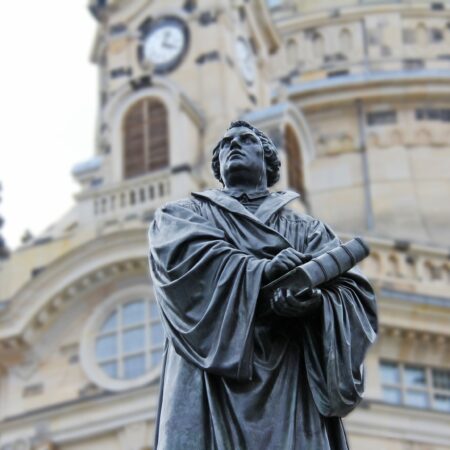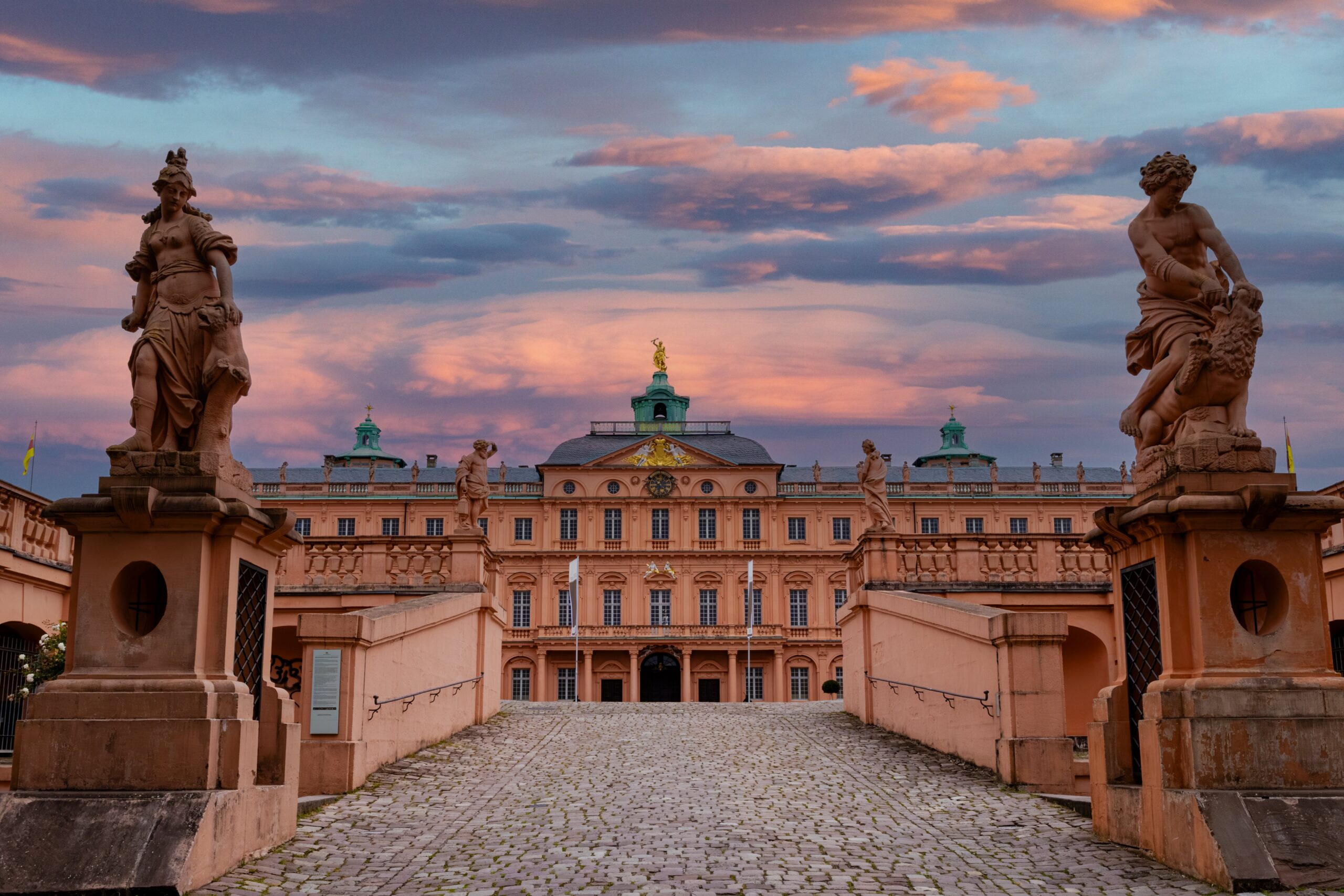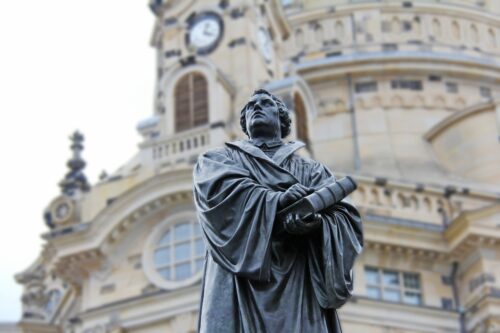Germany, a nation nestled in the heart of Europe, boasts a history as intricate and fascinating as the threads woven into its cultural fabric. From the early tribal societies to the modern powerhouse it is today, Germany’s journey through time is a captivating tale.
The roots of German history trace back to ancient times, with the Germanic tribes establishing their presence in the region around 500 BCE. Over centuries, these tribes coalesced into a cohesive entity, laying the groundwork for the Holy Roman Empire in 800 AD. This historical melting pot shaped the political and cultural landscape of the region for centuries to come.
The Holy Roman Empire:
At the core of Germany’s medieval history lies the Holy Roman Empire, a complex union of states that endured from 962 to 1806. This period witnessed the rise of powerful dynasties, the clash of religious ideologies during the Reformation, and the devastating effects of the Thirty Years’ War. Through triumphs and tribulations, the Holy Roman Empire set the stage for the modern German state.
Napoleonic Era and Unification:
The 19th century brought both turmoil and transformation. The Napoleonic Wars swept across Europe, leaving an indelible mark on Germany. The 1848 revolutions and the subsequent efforts of visionary leaders like Otto von Bismarck culminated in the unification of Germany in 1871. The birth of the German Empire marked a new chapter in the nation’s history.
World Wars and Division:
The 20th century saw Germany plunged into the depths of two world wars. The aftermath of World War I led to economic hardship and political instability, paving the way for the rise of the Nazi regime. World War II left Germany devastated, physically and morally. The nation’s division into East and West during the Cold War mirrored the global ideological struggle.
Reunification and Modern Germany:
The fall of the Berlin Wall in 1989 symbolized the end of the Cold War and sparked the reunification of East and West Germany in 1990. The ensuing years witnessed the emergence of a united, democratic Germany as a global economic powerhouse. Today, Germany stands as a beacon of stability, innovation, and a testament to the resilience of a nation shaped by its history.
Conclusion:
The tapestry of Germany’s history is rich with triumphs, tribulations, and a relentless spirit that has shaped the nation into the powerhouse it is today. From the medieval splendor of the Holy Roman Empire to the challenges of the 20th century, Germany’s journey through time is a testament to the indomitable spirit of its people.






Leave a Reply